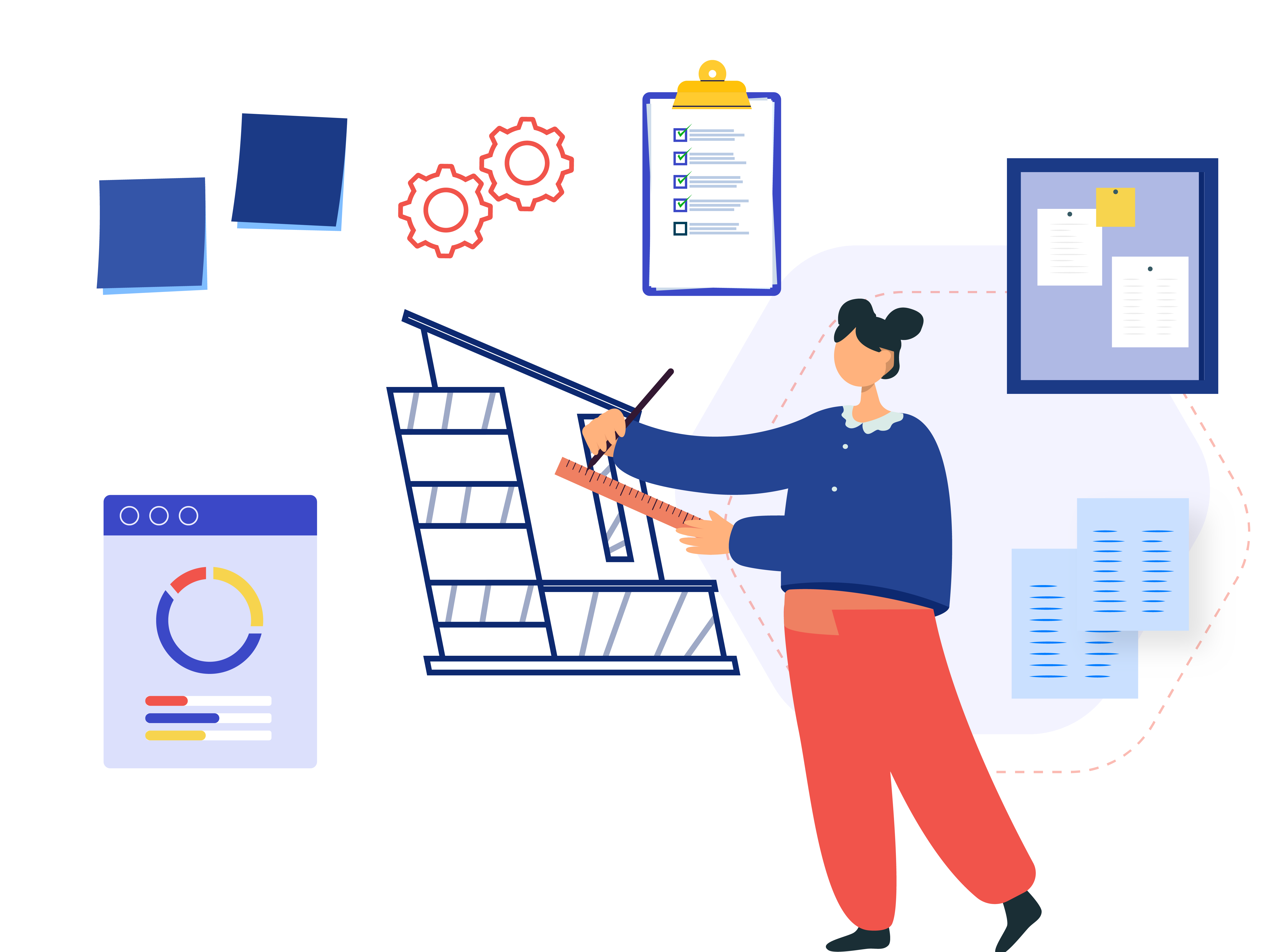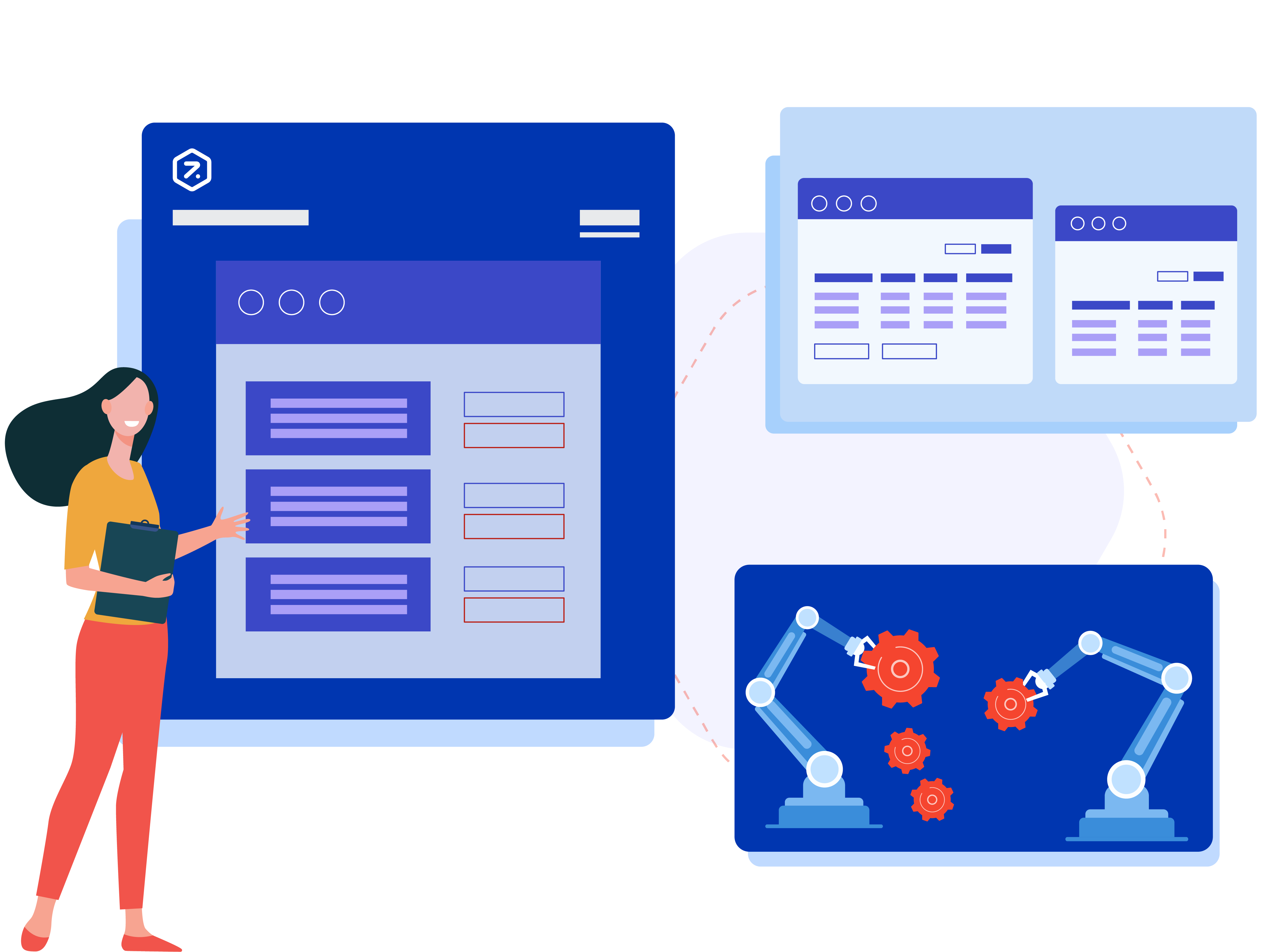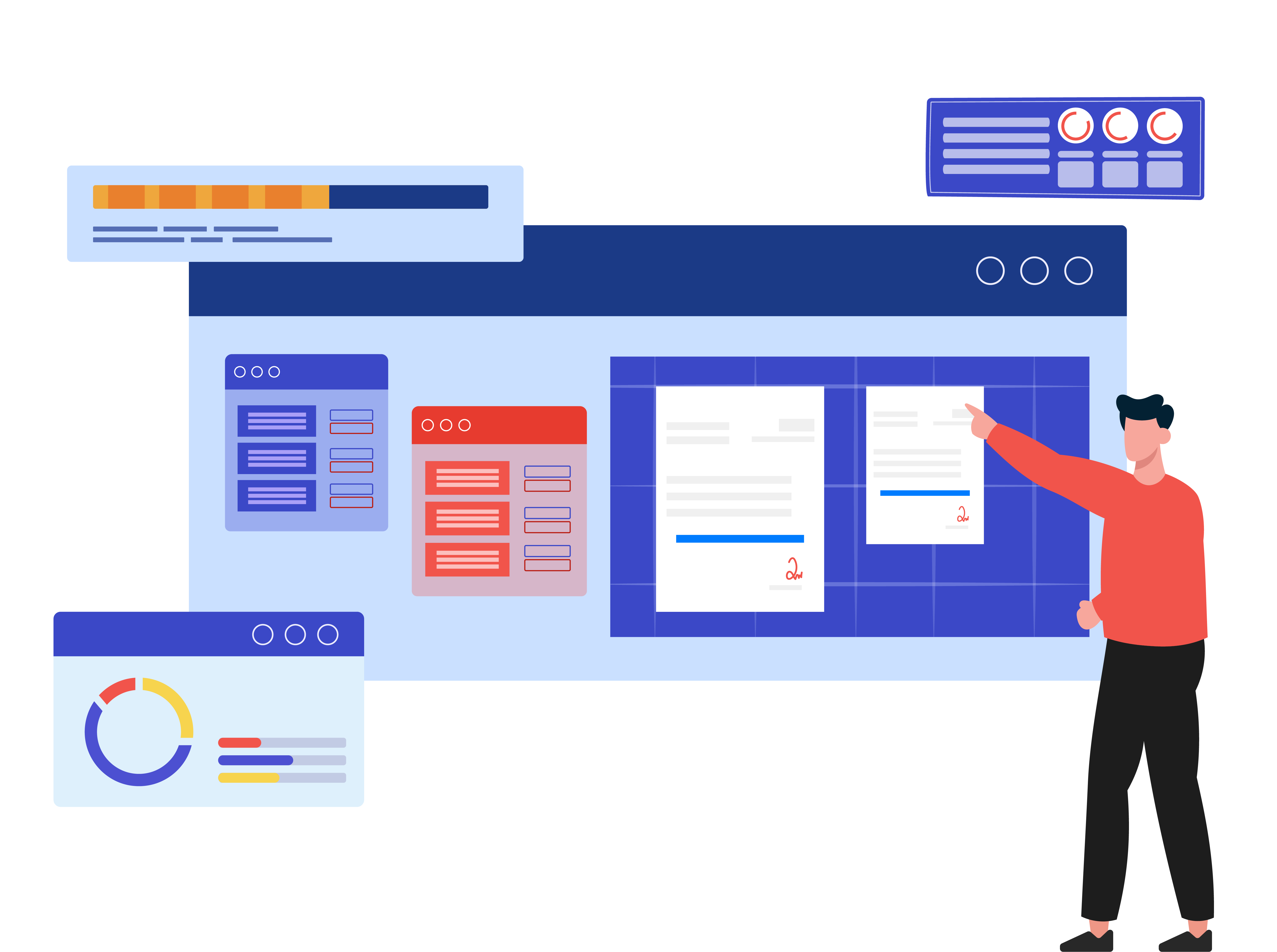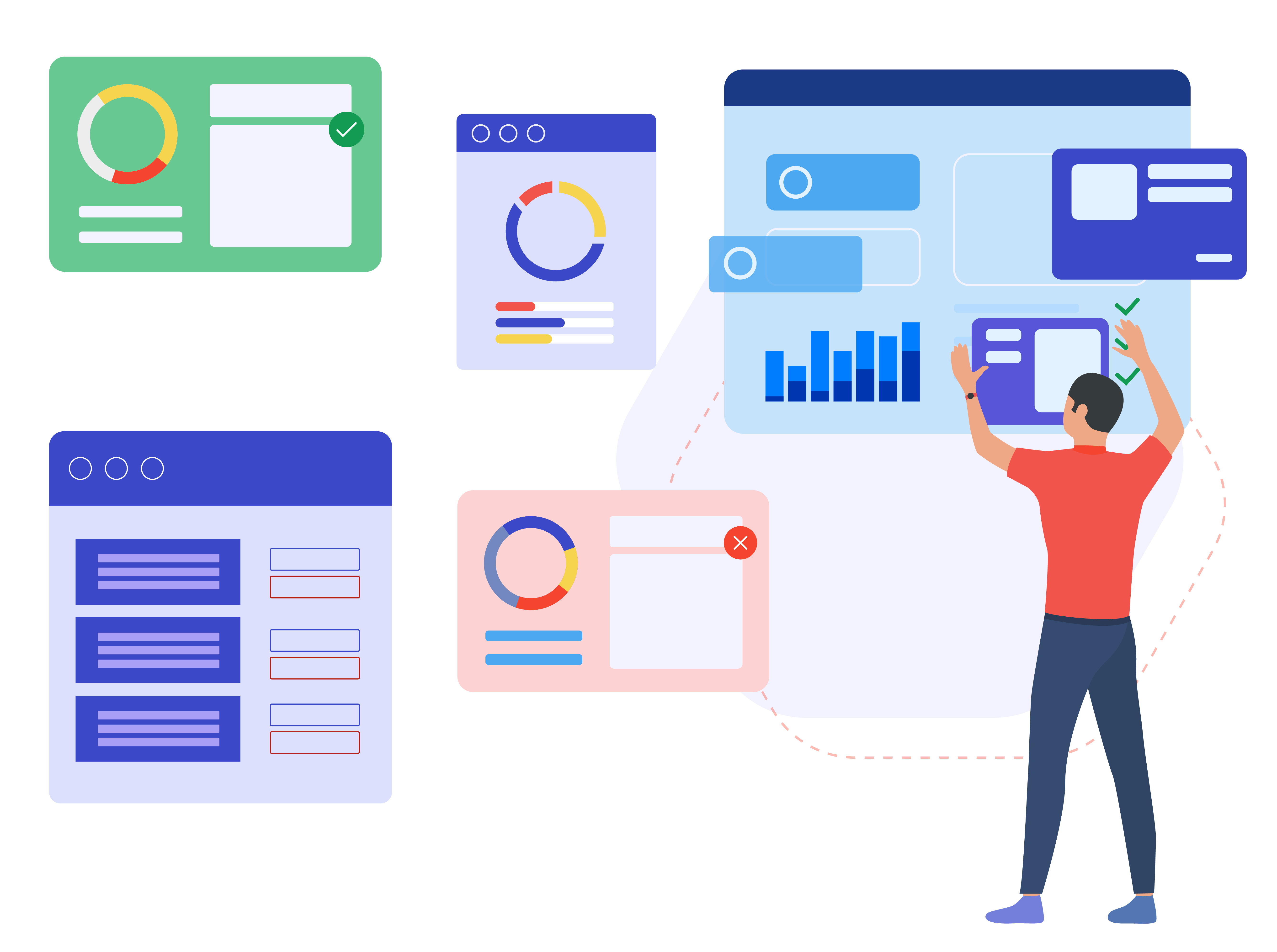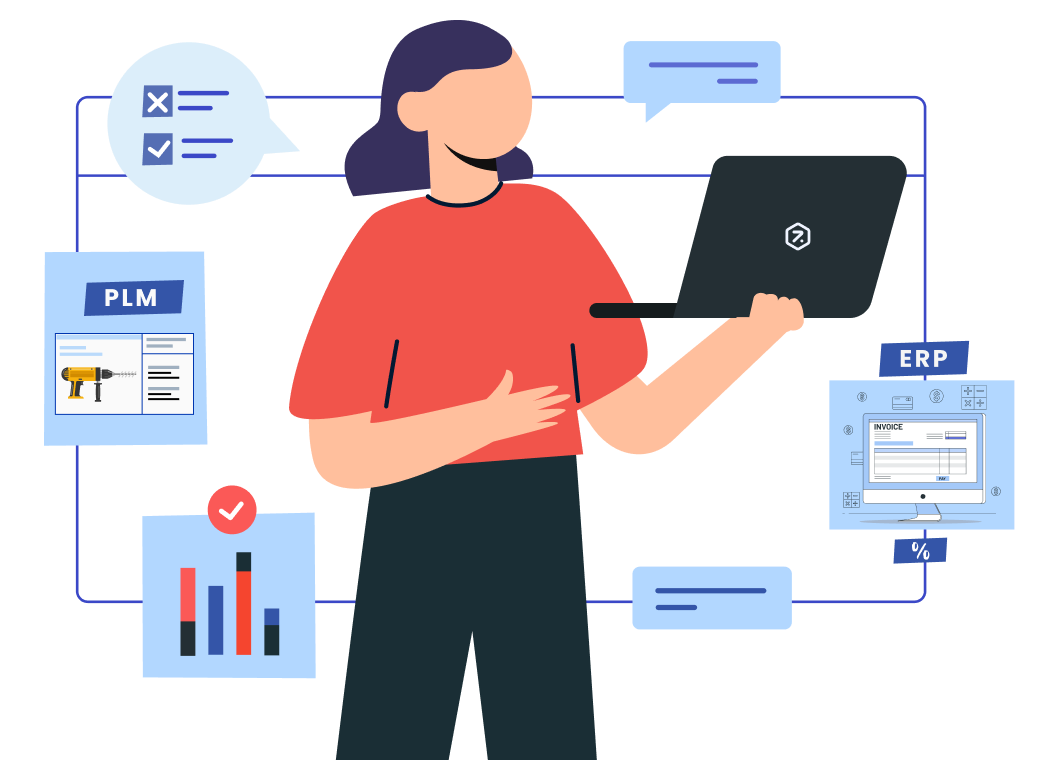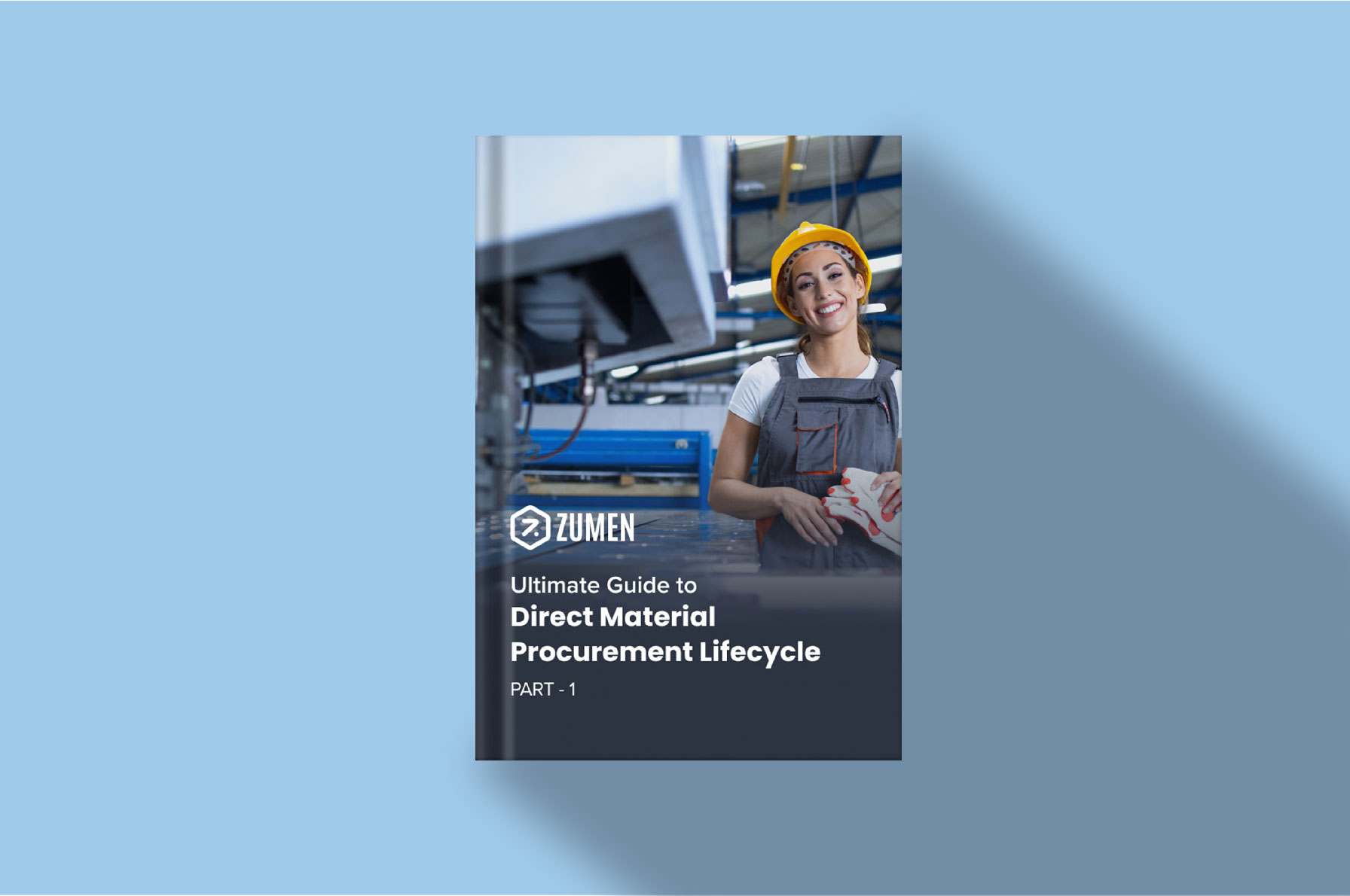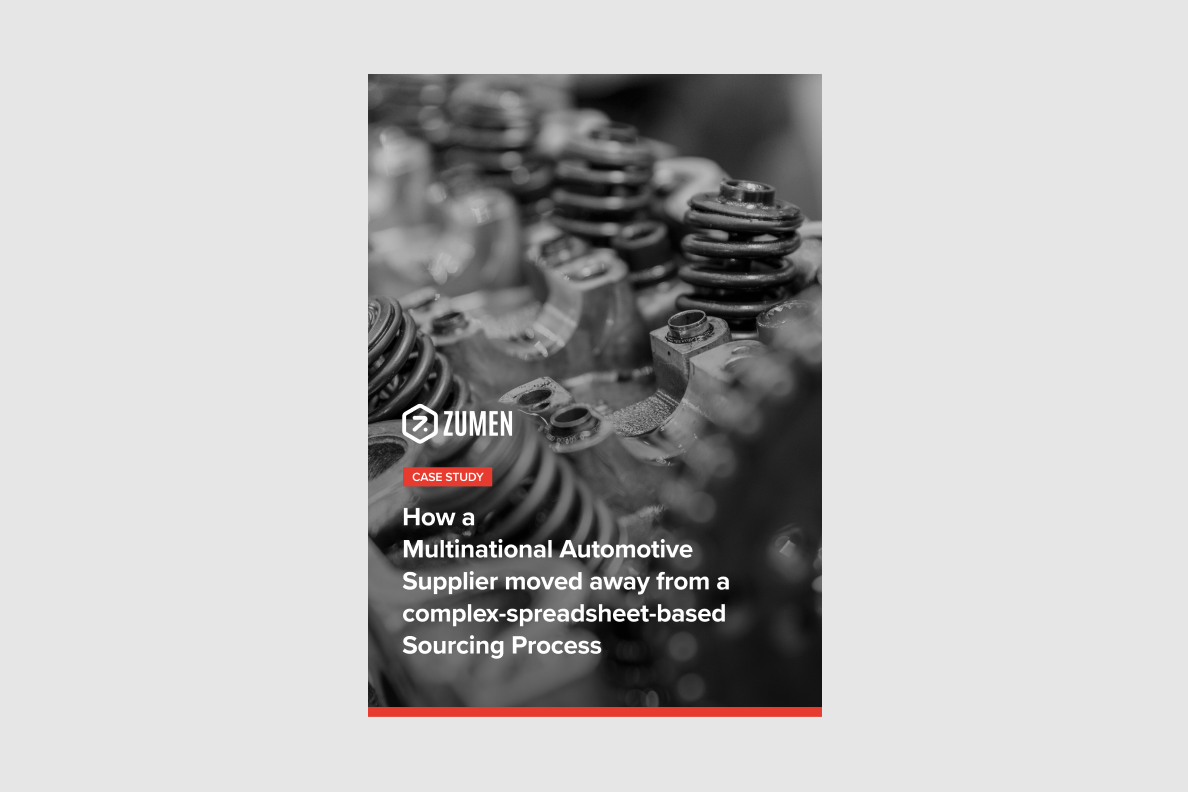Why Manufacturing Companies Need a Supplier Relationship Management Software?
Business | April 27, 2023 | By
Supplier Relationship Management is a phrase that has been seeing a lot of traction of late. Companies have realized the criticality of suppliers being a stakeholder in their success and have been taking several actions to improve communication and collaboration with their suppliers.
Unfortunately, when buyers and the entire buyer organization is under pressure from downstream activities, market forces and economic factors in meeting challenging targets, it has a ripple effect on suppliers too. To top it all, a lack of communication or miscommunication between the buyer and their suppliers can really aggravate the situation. This in turn builds up frustration and erodes trust between them.
So, most companies undertake actions to improve communication, collaboration and transparency as the first step to build a positive relationship with their suppliers. This is achieved by implementing the right communication tool between their sourcing, procurement & supply chain functions and suppliers.
These Supplier Portals (or vendor portals) for Direct Materials help the companies and their suppliers in multiple ways.
- They allow companies to communicate their regular production schedules to suppliers they have contracted with.
- Once the forecast and the schedule are shared, the vendors should be able to reply back on their commitments.
- The portals allow the suppliers to receive Purchase Orders (POs) for specific quantities based on the schedules communicated earlier.
- The suppliers also are able to acknowledge the receipt of the POs.
- The supplier portal also allows the suppliers to request changes to the terms on the POs they have received.
- The suppliers are able to share the progress against the POs.
- When the time is ready to ship the orders, the suppliers are able to create advance notices for their shipments, including information with respect to the PO, shipping quantity, shipper information, invoice and much more.
- Once the material is received, the buyer organization updates their shipment receipt information and any rejections.
- Supplier Portals are also helpful for companies to update the statement of invoices received from suppliers.
- Suppliers are also able to use the supplier portal to review the payment against their invoices.
- During the development of new products and sourcing of new items/parts, the supplier portal allows the buyer organization to share the requirements and manage bids from multiple suppliers.
- Enforce discipline and processes around the cost and quotation templates for the suppliers to submit their quotes.
- Specify the terms of technical feasibility, quality requirements and other criteria to become eligible to supply those parts.
- During the development of the item/part, the supplier portals are helpful for the buyer and the supplier organizations in collaborating on the submission status against the quality requirements and other industry regulations for the part.
- Supplier portals allow buyer organizations and their suppliers to keep a regular tab on the fluctuating commodity rates.
- The buyer organizations use the supplier portal to share evaluations of their suppliers.
- The supplier portal allows the buyers to gather up-to-date information of their supplier profile, contact details, business details and other legal and regulatory compliance details.
For all these to happen, buyer organizations require the supplier portal to maintain a live connection with their ERP system.
Depending on how the supplier portal is developed, companies have struggled to accomplish all these within their supplier portals. Unfortunately, most vendor portals stop at the first step – they are not even able to allow the vendors/suppliers to respond on the production forecast and schedules.
The dilemma for these companies is to engage with their ERP System Integrator to custom-build their requirements for a vendor portal or employ a smaller development shop to build their requirements. Whereas building these functions on their ERP platform with the ERP and system integrator (SI) of their choice becomes a significant investment and a huge distraction from their day-to-day activities. On the other hand, working with a small development company means they are dealing with companies that do not have the depth and breadth of knowledge to handle these requirements. In either case, the folks with experience in getting these functions built would agree that the developers and business analysts they deal with mostly lack the business knowledge to transform the needs to solution requirements to actual solution features.
Particularly, when choosing to build on top of the ERP solutions, the cost of development of every one of these requirements can easily run into a few millions.
And that’s why Zumen stands out.
We have built a configurable, cloud-based supplier relationship software that handles these requirements like a breeze. It simply makes sense for companies to sign up for a vendor portal that is well-built and able to handle all these functions without having to spend a ton of money in getting the system up and running. And all this within a few days or a few weeks at most.
